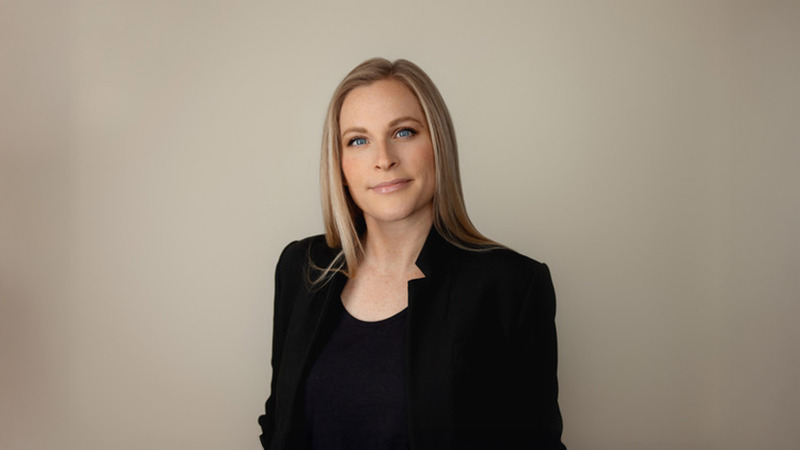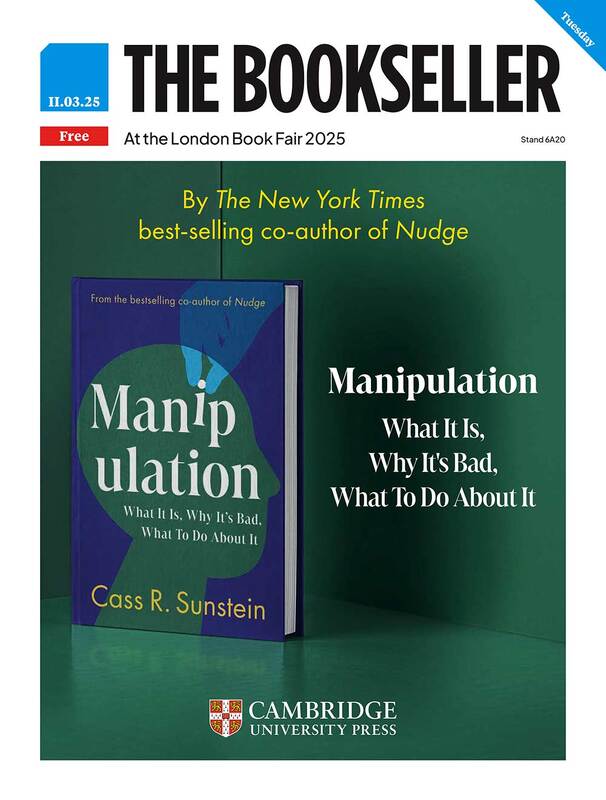You are viewing your 1 free article this month. Login to read more articles.
British Library reveals 6.2% gender pay gap
Women earn 6.2% less than men per hour at the British Library, it has been revealed.
The institution has submitted its gender pay gap data to the government ahead of the April 2018 deadline, showing that men are paid a mean average of £16.75 an hour across the organisation’s staff, while women earn £15.72 – a gap of 6.2%.
When it comes to bonuses, the gap is even wider at 25.45%, with 0.30% of men receiving a bonus at the British Library in comparison to 0.12% of women. Women make up 55% of staff at the British Library, which includes its publishing arm, while men make up 45%, and men dominate the senior leadership team 65% to 35%.
While clearly unequal, the British Library’s gap is narrower than the national mean average of 17.4% for full time and part time staff, according to Fawcett Society statistics.
Nevertheless, the institution said it was working hard to eliminate the gender pay gap by 2023, its 50th anniversary year.
“We have recently introduced a fairer and more attractive pay system and we are working on more progressive policies to increase our flexibility as an employer, supporting smarter working, providing career breaks as well as childcare provision in London and Yorkshire,” a spokesperson for the British Library said. “There is still much to do, but our Leadership Team is fully committed to increasing our diversity as an employer and also by appealing to as broad a range of users as possible.”
All employers with over 250 staff are required by law to report their gender pay gaps under the Equality Act 2010 Regulations for 2017. While a few have submitted their data before the April deadline, the vast majority, including most large publishers and retailers in the book industry, are yet to do so.
A spokesperson for the British Library added: “As a progressive employer, we have published our results earlier than the deadline of April 2018, in order to demonstrate our commitment to eliminating any gender pay gap. The data provides us with a benchmark for future improvements to ensure that we reduce the pay gap effectively.”
Reasons for the gap include a long serving workforce reflecting past practices, where workers were rewarded for length of service in terms of pay and progression, which tends to favour men who are less likely to take career breaks to have children, or work part-time, and a higher number of men on the senior leadership team, Britain's largest library said.
The institution has tried to address this by hiring more women to senior roles, with the number increasing by 3.6% last year. To continue to redress the pay imbalance, it will examine the feasibility of matching salary increase when people return from career breaks and encouraging more women to join the underrepresented sections of the business, such as IT.
It also intends to highlight and remove unconscious bias data from its recruitment processes and encourage the internal promotion of staff and will develop an Agile Working Strategy to support working from home where possible, along with continuing provision of Childcare Vouchers to support working parents.
The research Library will next report on its gender pay gap at the end of 2018, highlighting the progress made over the next 12 months and additional improvements it plans to make.














